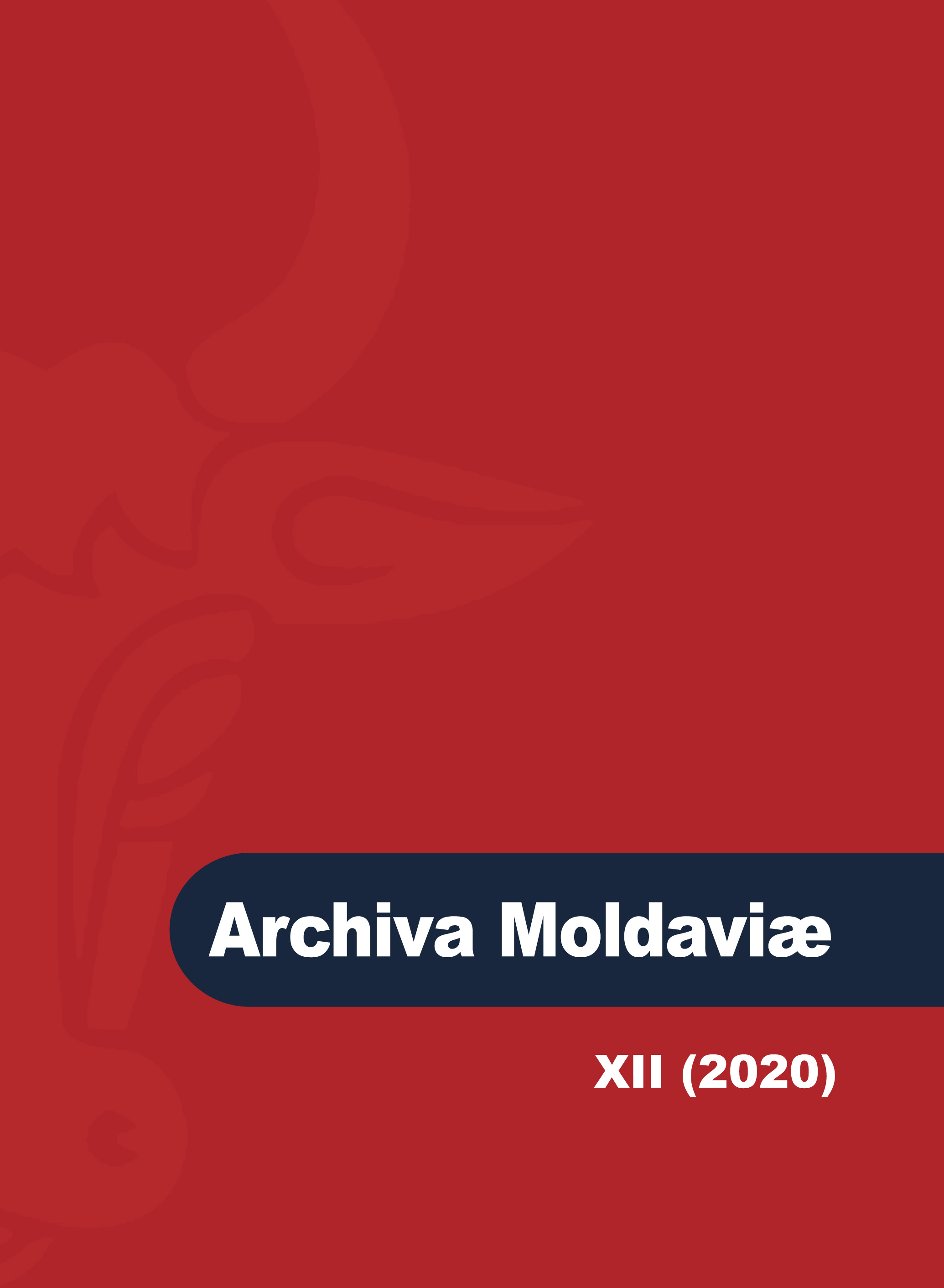Informații despre arhivistica perioadei comuniste: fondul de Cancelarie al Arhivelor Statului din Iaşi (1950-1957)
Information Regarding the Chancellor Fund of the Archives of the State of Iași (1950-1957)
Author(s): Daniel ChiriacSubject(s): Special Historiographies:, Post-War period (1950 - 1989)
Published by: Societatea de Studii Istorice din România
Keywords: Archivists; archive funds; archive repository; archival legislation; Iași Regional Service of State Archives;
Summary/Abstract: The period from 1950 to 1957 can be considered one of the most complex in the history of Romanian communism, and why not, one of the most debated issues in contemporary history. This comprehensive character is given, in particular, by the transformations made to the state and by the involvement of the Soviets in the political and social life of the country. In all the plans of the organization of the state, it underwent radical transformations that would shape its destiny in the future. New archival legis-lation of Soviet origin brought important changes in the organization of the Iasi Regional Service of the State Archives. Archival work doubled if not tripled, both by taking over economic, social, private documents and the control that the institution had to make to the creators and holders of documents. However, it also had a beneficial role in saving enough documents from destruction. There were enough cases of funds deposited at the creator that were in not-so-good conditions, mostly in basements, without evidence tools.The archivists of the city have had some very important achievements in this regard. Many funds of the former institutions disbanded with the establishment of the new regime were saved, as well as the documents of creators from the cultural environ-ment, which were normally not interesting for the new power. On the other hand, the judicial and military archives, in the light of their importance in the state's strategy, received increased attention from the communist power. So were the case with the bank archives and civil status documents, especially since many were found belonging to the institutions of Soviet Bessarabia. Most of the time the documents that aroused interest were those of the former institutions of leadership of the old regime such as the Prefec-tures, the Town Halls, the Popular Advice or the Tribunal. Most likely from a seemingly simple consideration, restricting access to information about the outdated system.
Journal: Archiva Moldaviae
- Issue Year: XII/2020
- Issue No: XII
- Page Range: 307-319
- Page Count: 12
- Language: Romanian

